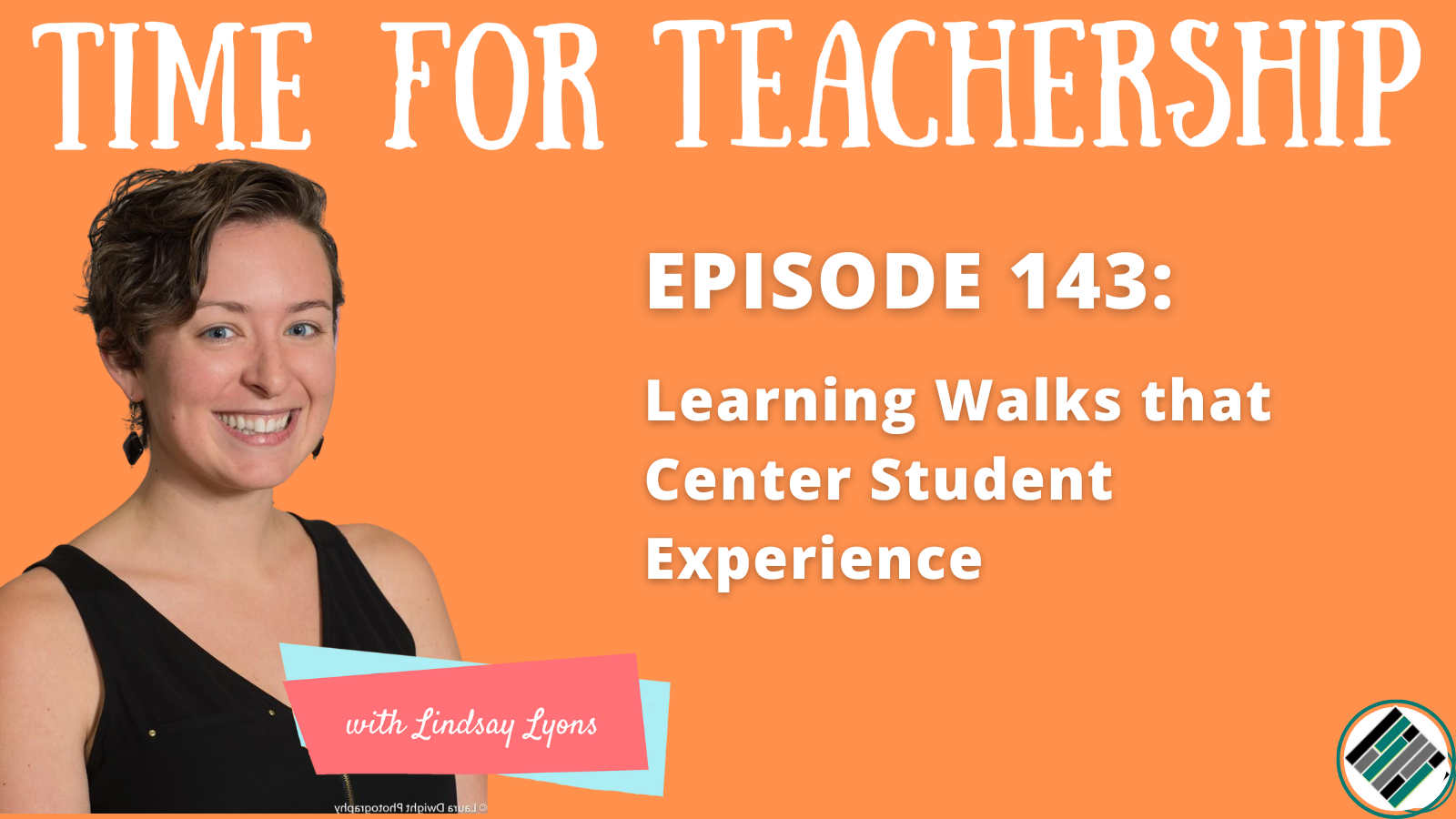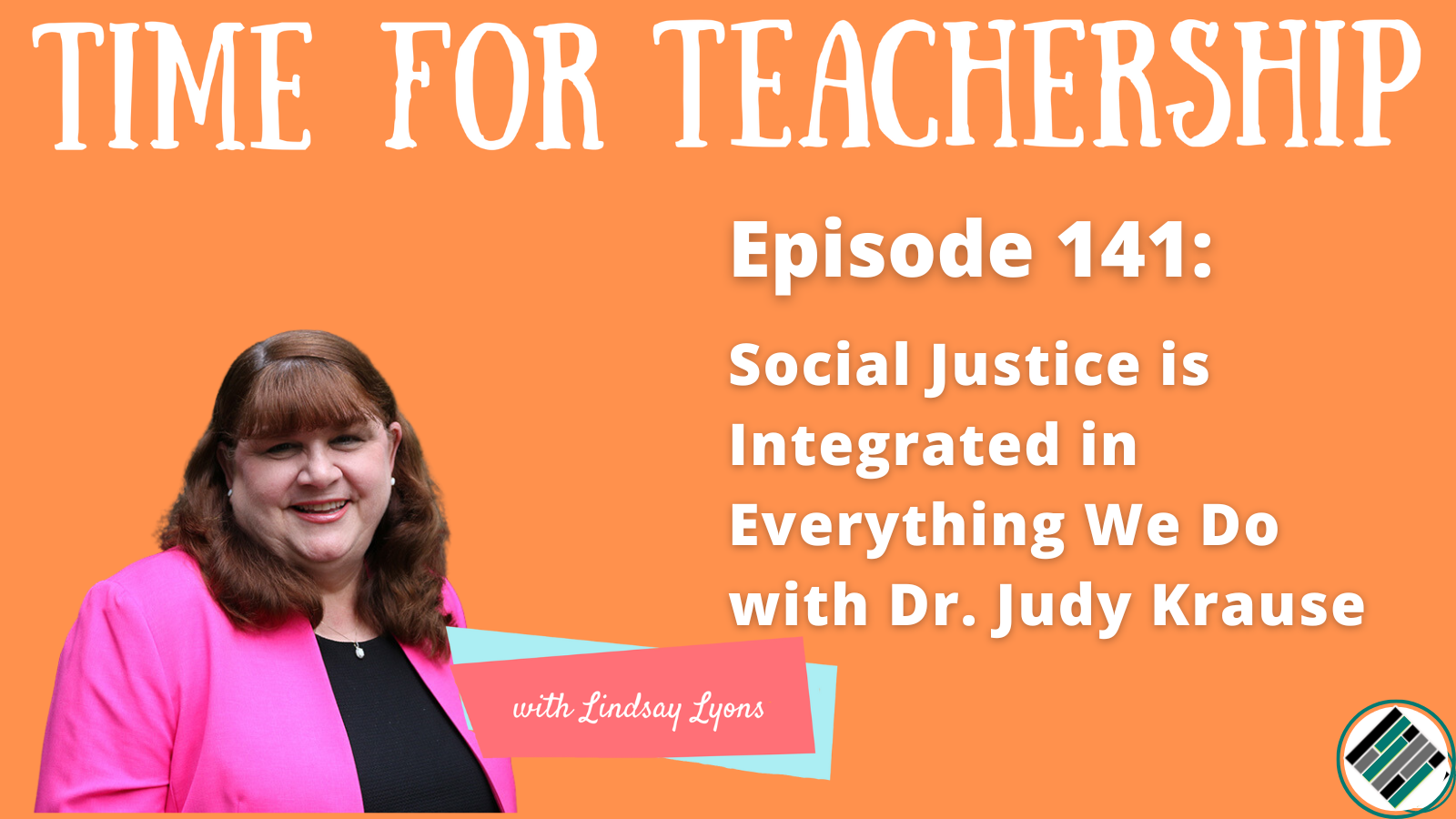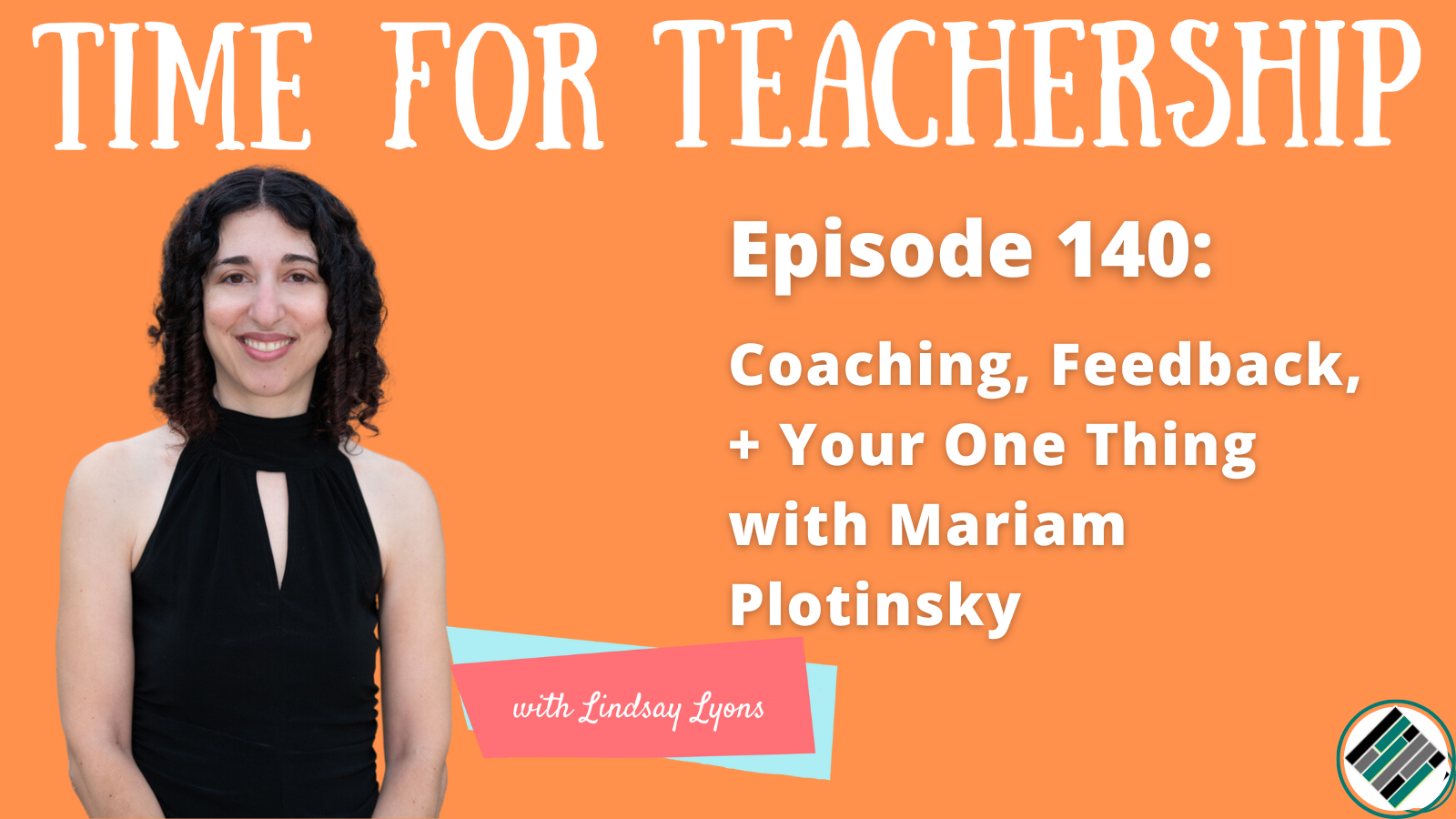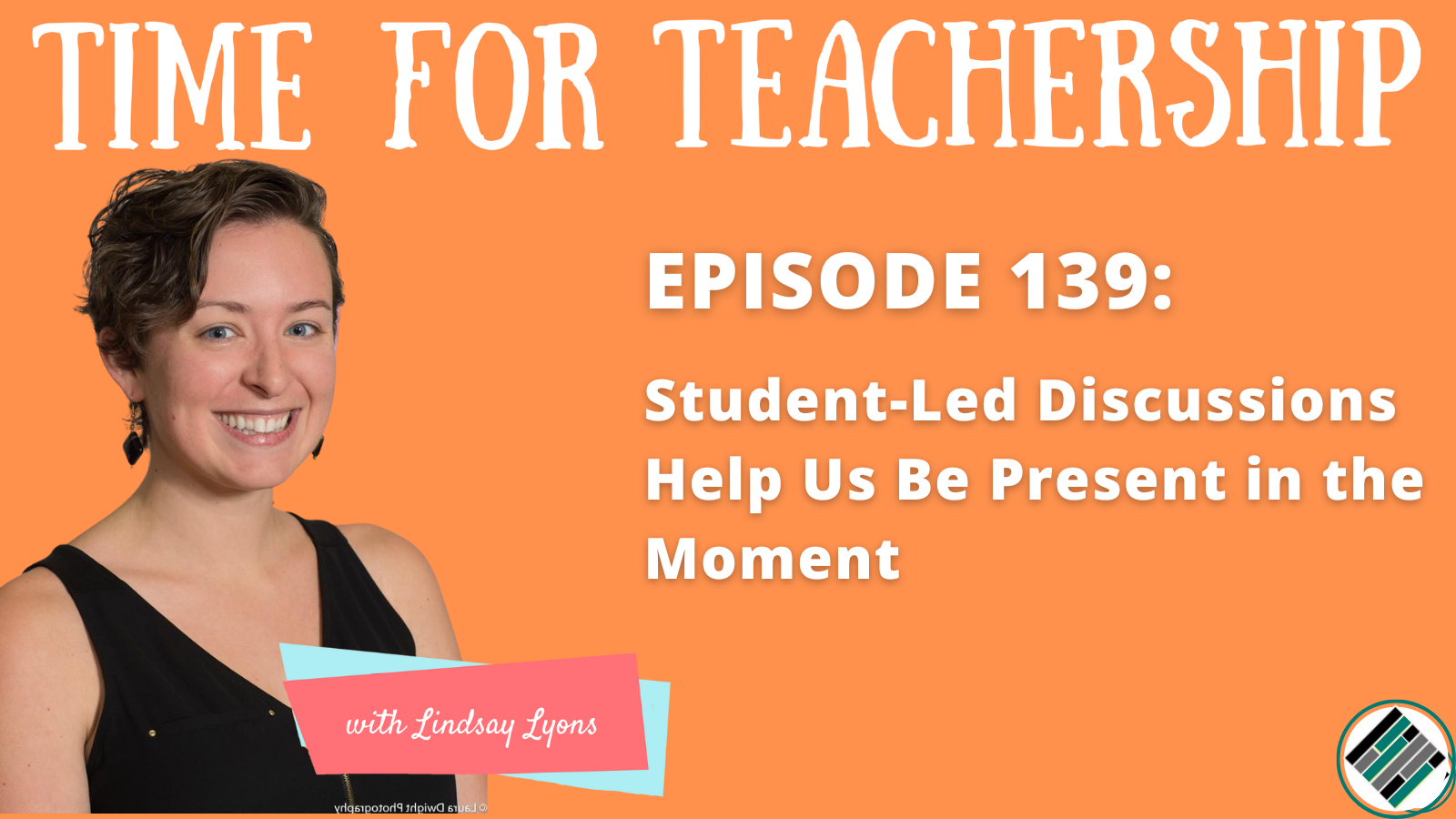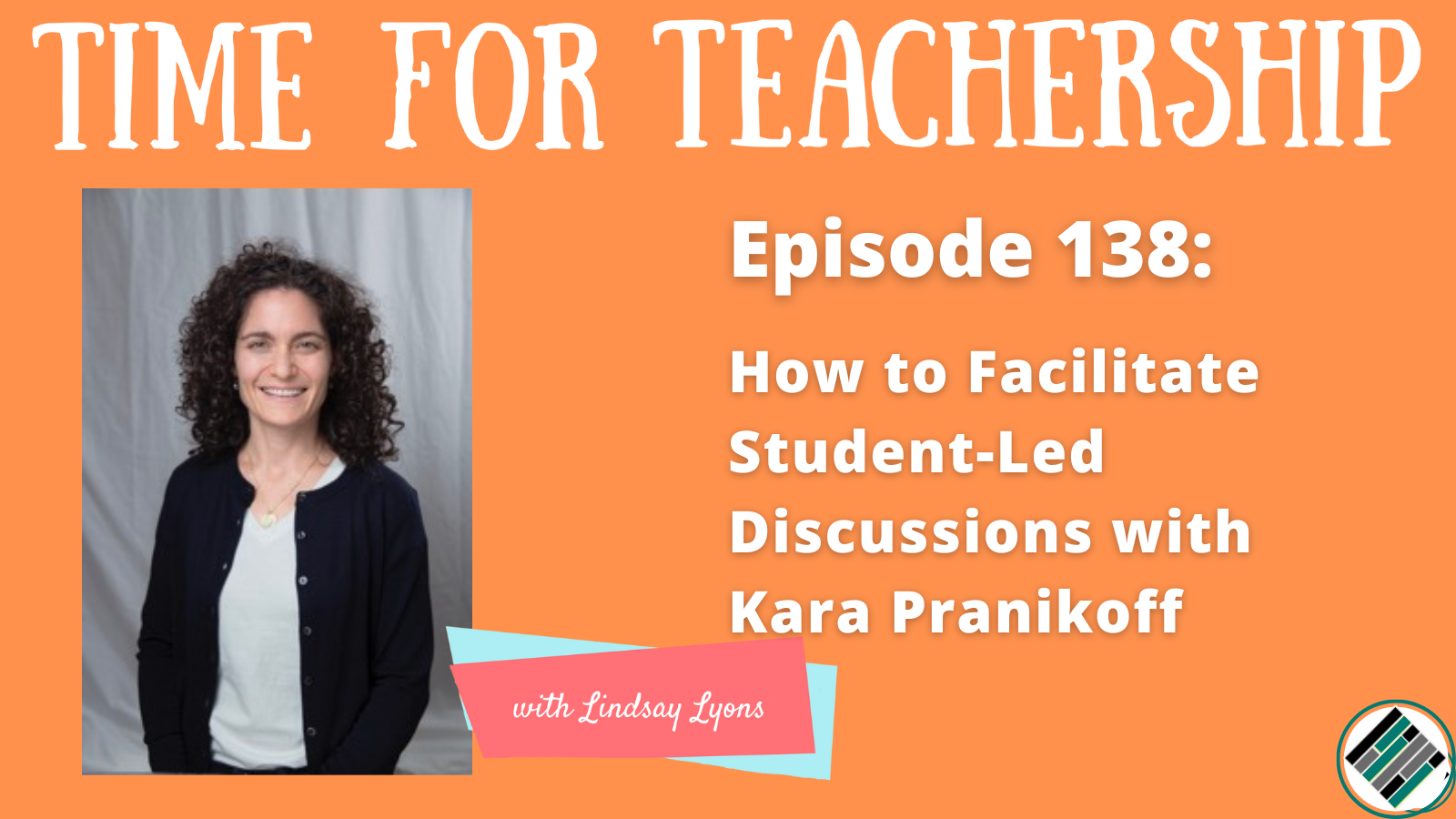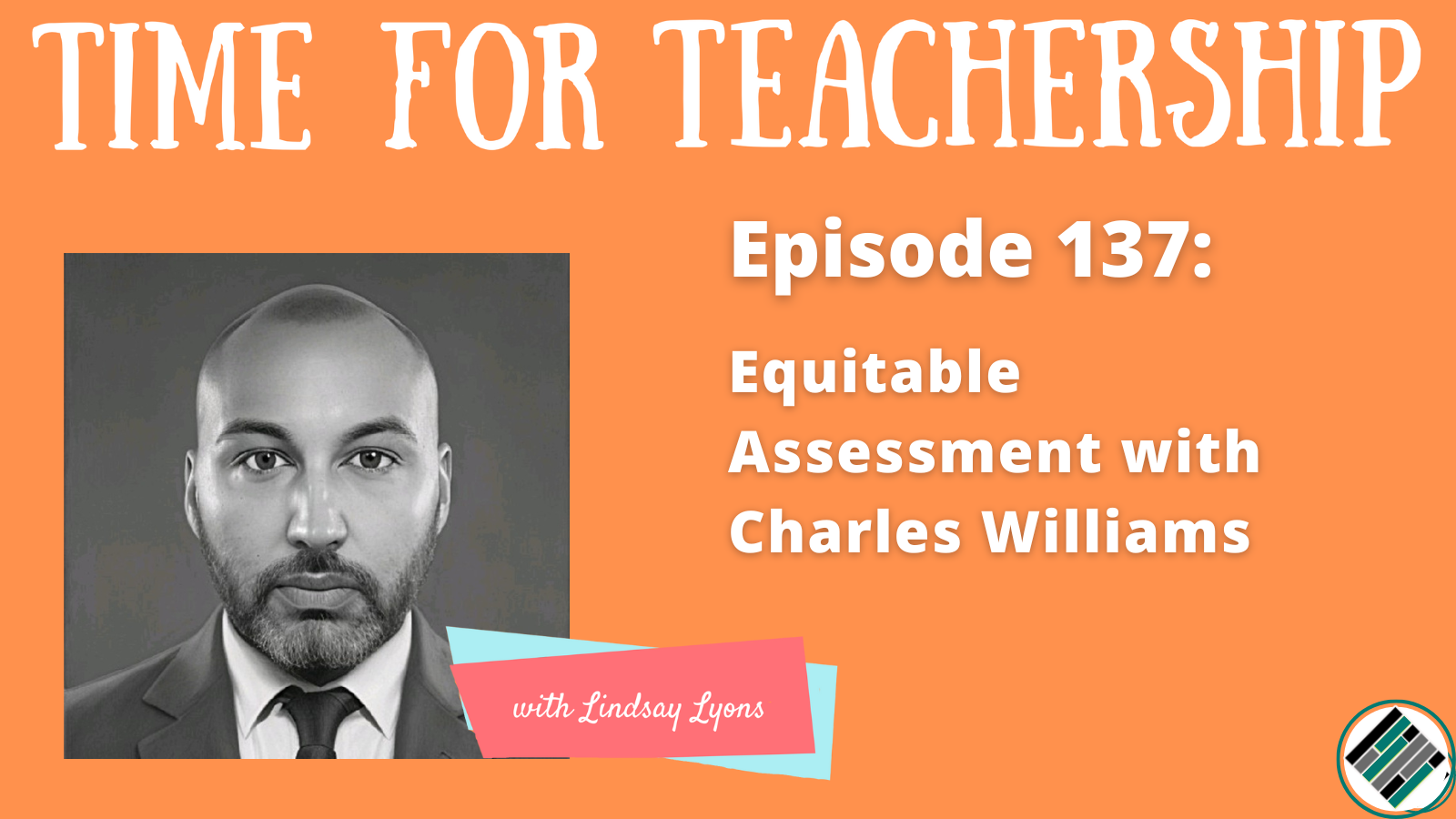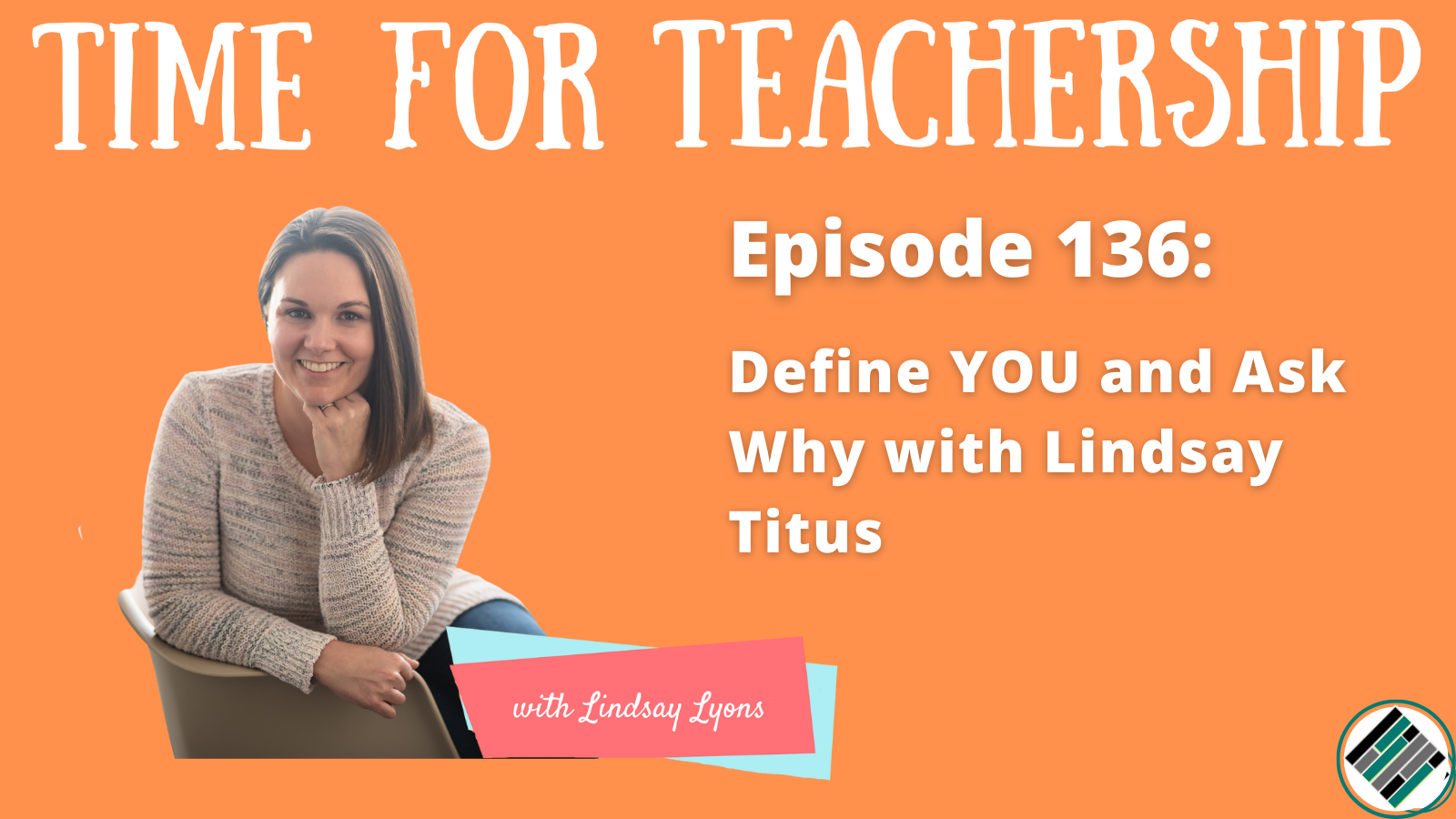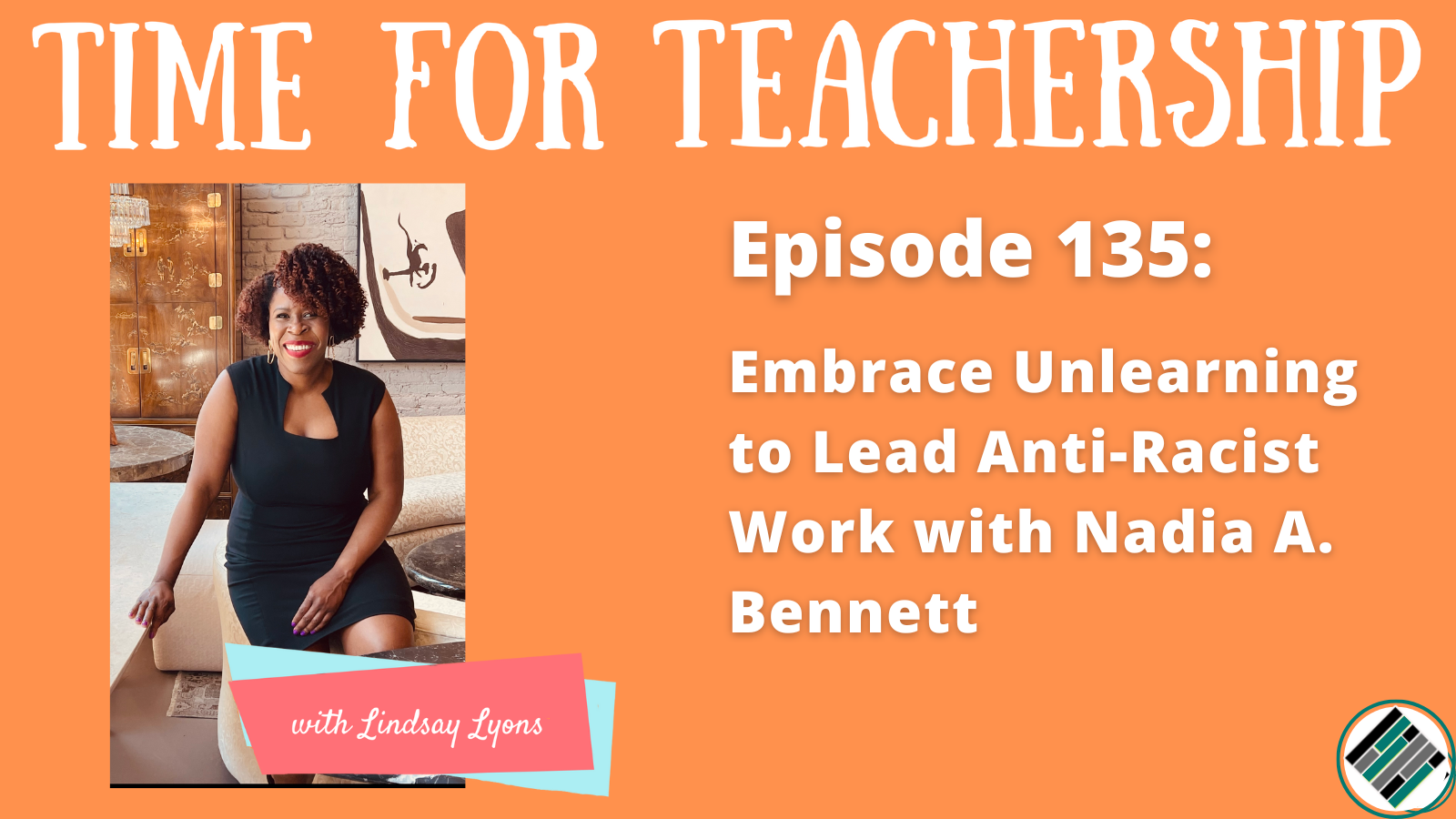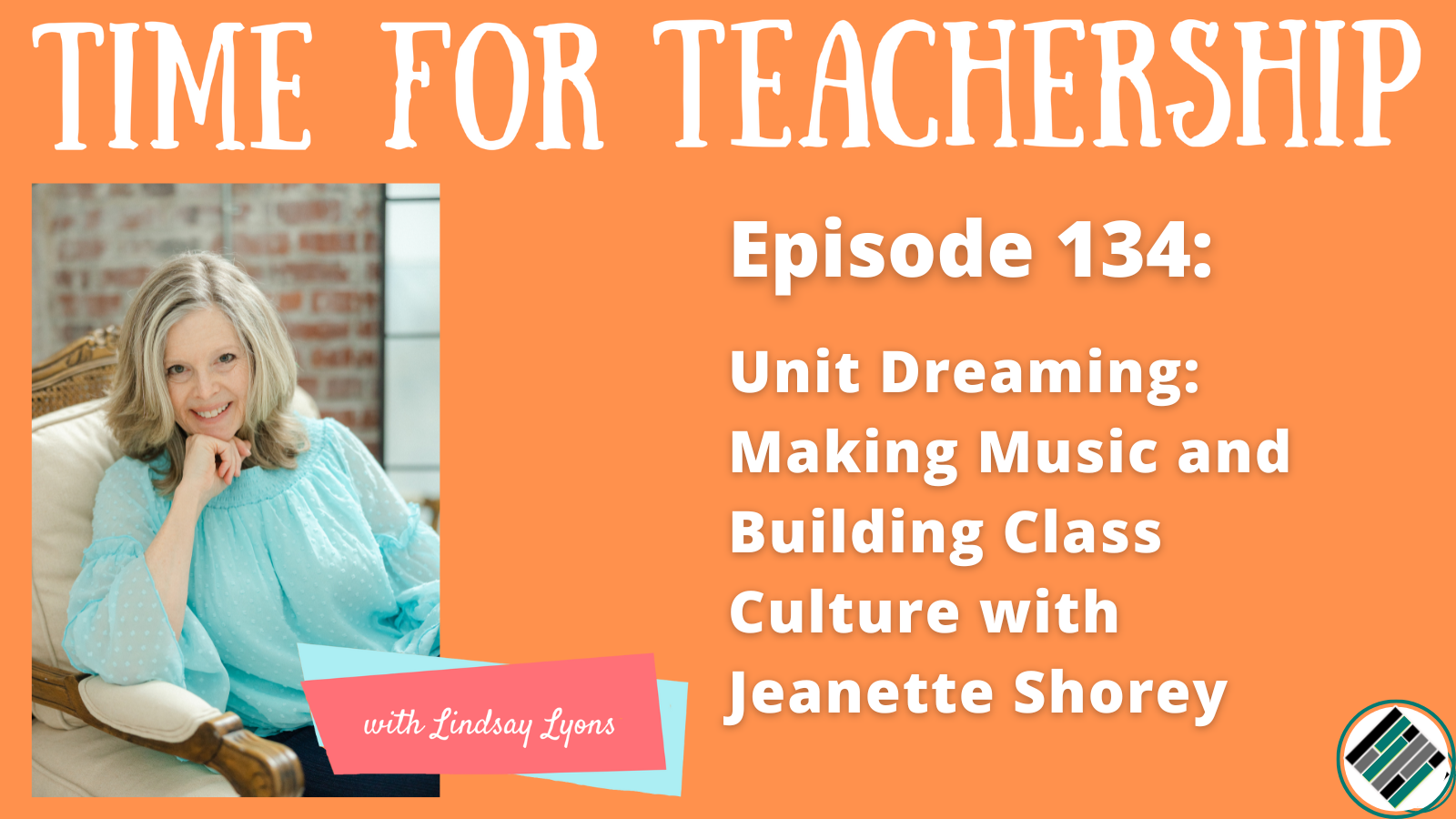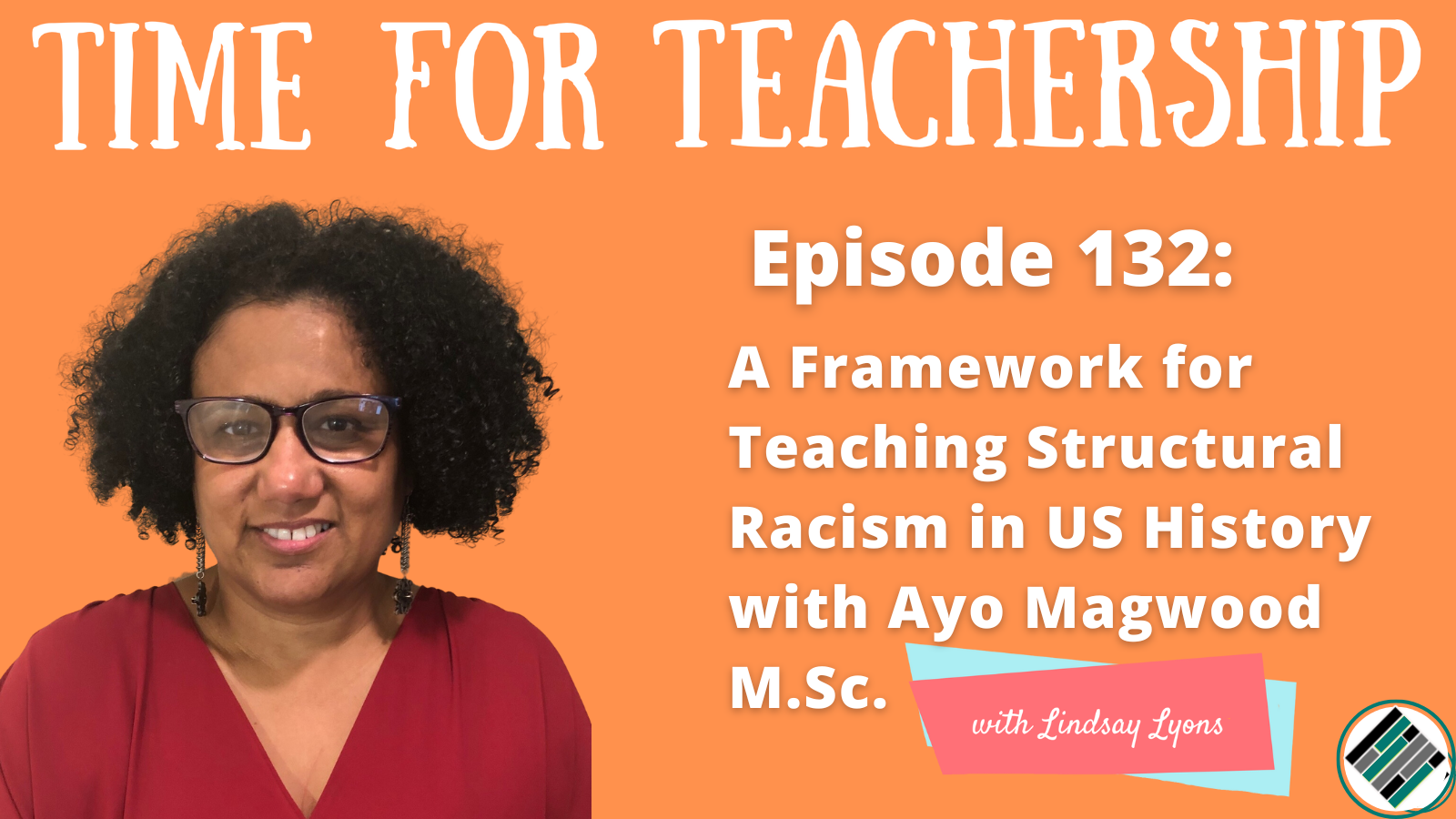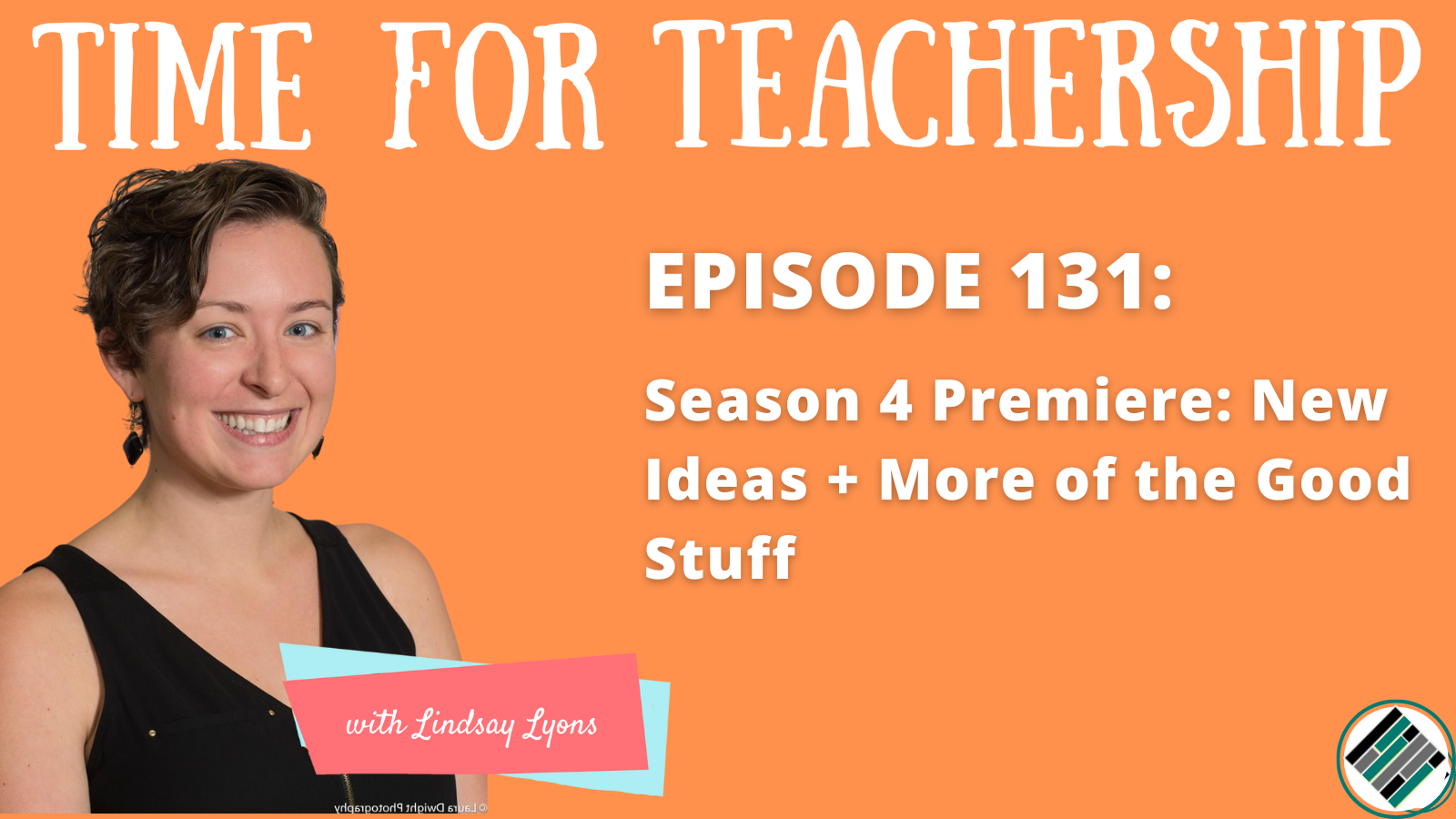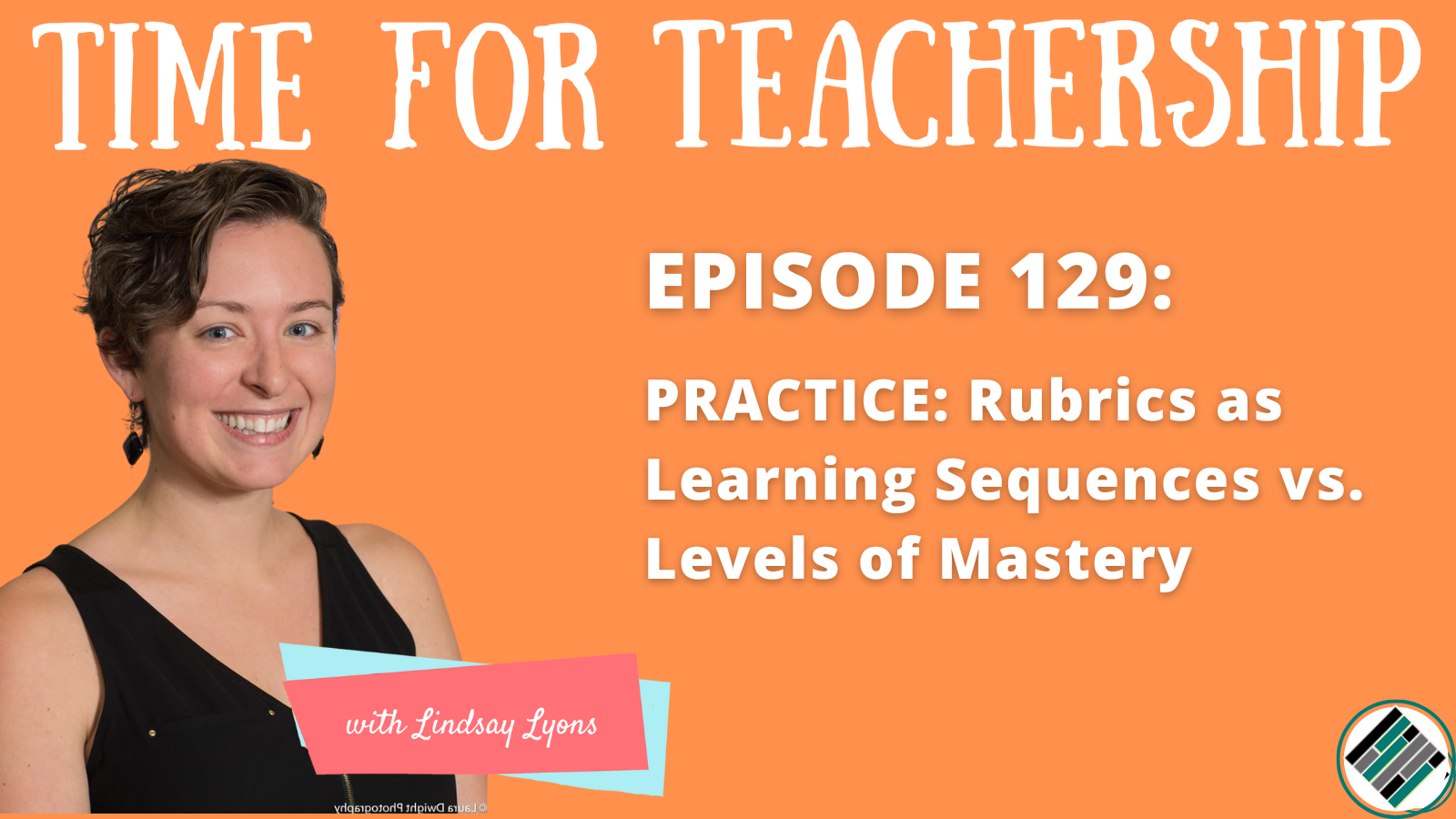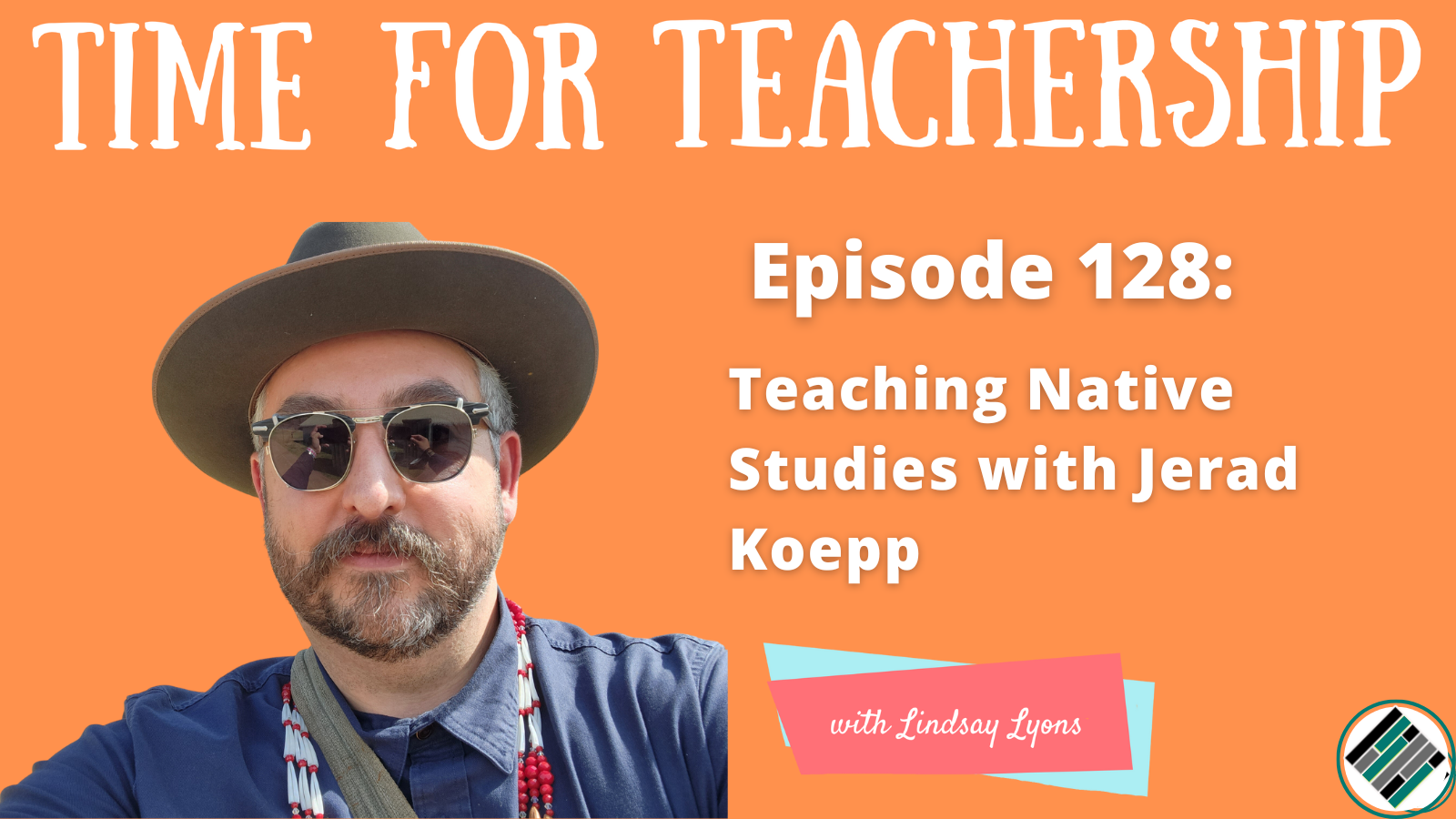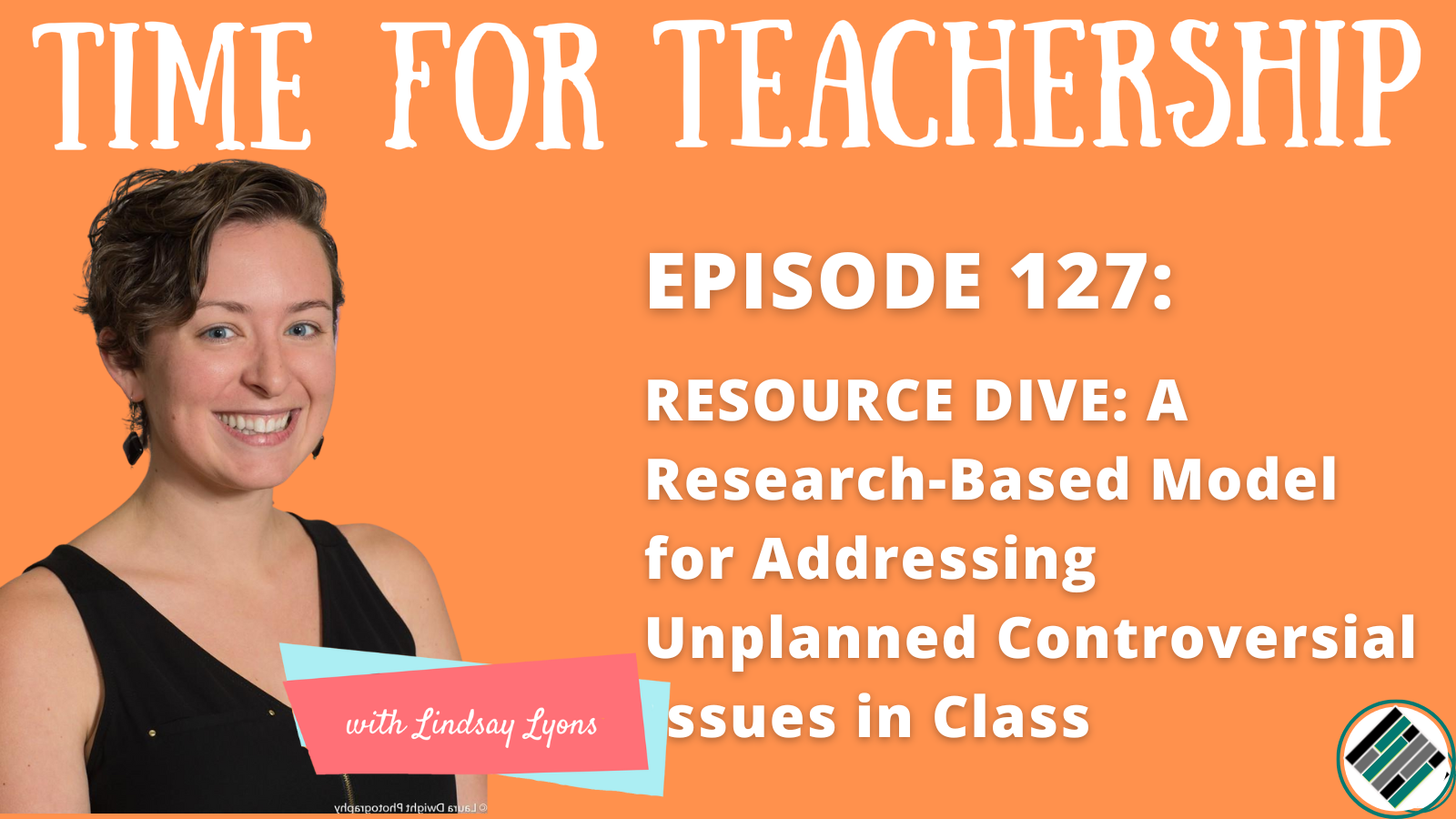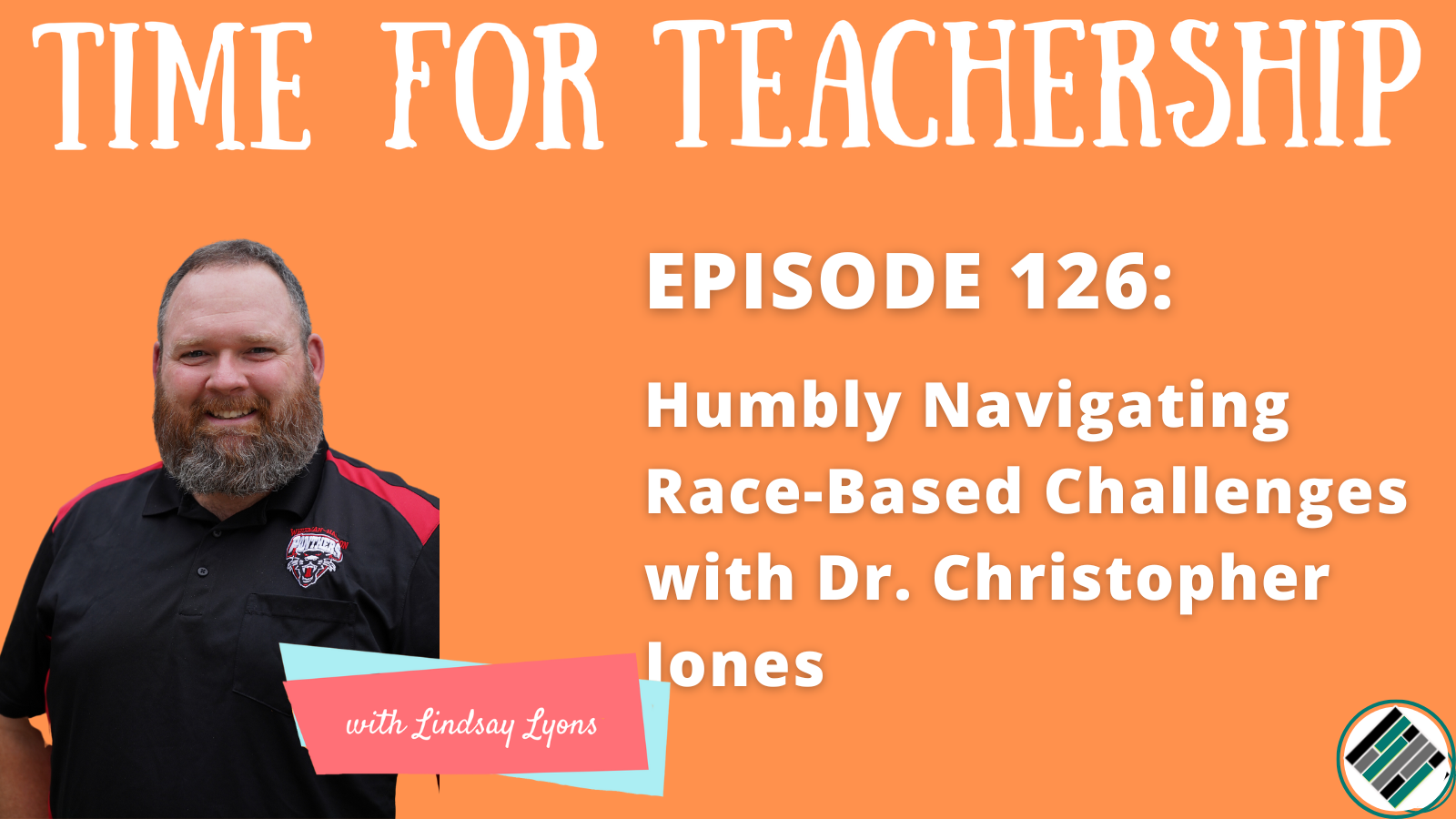
“My consultancy is named Uprooting Inequity…that's intentional…uprooting is reflective of my focus on getting to root causes.” -Ayo Magwood M.Sc. Click To Tweet
In this podcast episode, Ayo shares her innovative approach to teaching structural racism and fostering civic consciousness in the classroom. Discover how using data inquiries, historical context, and value tensions can empower students to think critically, engage in national conversations, and shape a better future.
Ayo Magwood, M.Sc., (Uprooting Inequity, LLC) specializes in evidence-based, apolitical, and solutionary training on understanding and remediating structural racism. She is passionate about fostering cross-difference cooperation towards realizing equal opportunity for all. Her superpower is her ability to synthesize a wide range of research, data, primary sources, and abstract concepts and weave them into engaging narratives and diagrams. Ayo was recently recognized as a leading expert on social justice education. She has a B.A. from Brown University and a M.Sc. in applied economics from Cornell University.
The Big Dream
To provide students with the historical context and understanding needed to engage in national conversations about structural racism and policy issues.
Ayo’s Election Unit
Ayo created an election unit that focused on historical context and understanding rather than candidates. Designed to equip students with the knowledge they need to engage in national conversations and shape a better future, Ayo focused on teaching historical through-lines that explain racial inequality, racial tension, racism, structural racism, income inequality, and political polarization. She encouraged students to think critically, ask questions, and discover the truth for themselves.
Ayo’s Framework
Ayo uses data inquiries for students to uncover the existence of structural racism on their own. By distinguishing between empirical issues and opinion/policy issues, she ensures that the classroom stays focused on the evidence while promoting civic consciousness that “benefits the common good.” This approach allows for respectful conversations in the classroom and helps students understand and take informed positions on policy issues, working together across ideological differences.
Focus on structural racism over bias. Ayo says, “I feel that it’s more important as a US history teacher to teach that historical context and about structural racism. They have 100 chances to learn about interpersonal race outside that classroom, but they will have very few chances to learn that history and about structural racism outside the classroom. And…that historical structural racism will set them up to learn about bias.”
Framing structural racism as an empirical issue, she minimizes disruptions and parent concerns while creating a learning space where students can think critically and make evidence-based decisions.
Challenges, Or Where Things Could Go Wrong
Two ways classroom conversations about race are disrupted by students or parents include:
- Someone says structural racism doesn’t exist. (“Not based on evidence, because they haven’t personally observed it in their 95% white community.”)
- “A conservative student says, for example, I don’t agree with affirmative action, which is a completely valid concern, but then they get called racist.”
Ayo cut out the vast majority of these disruptions by distinguishing between empirical facts (not debatable) and ideological or policy opinions (debatable).
Action Steps
Introduce Value Tensions
Invite students to identify what’s going on underneath a political disagreement and encourage students to move away from extremes, instead asking students to position themselves on a continuum. Examples: individual rights vs. common good; civil liberties vs. national security.
Data Inquiries
Give students space to investigate and draw their own conclusions from empirical data.
Implicit Practices
Model that we all make mistakes and learn from them. Foster an “equity-conscious identity” or a “we” identity.
Get Started!
Read! You can start with Ayo’s Psychology Today article.
Survey your students and ask for feedback on your lessons.
Get Ayo’s free lesson on perspectives consciousness and start introducing values tensions in your class.
Stay Connected
You can find this week’s guest on her website, Uprooting Inequity.
To help you introduce value tensions and perspectives consciousness in your classroom, Ayo is sharing a free lesson with you! And, if you’re looking for more details on the ideas in this blog post, listen to episode 132 of the Time for Teachership podcast. If you’re unable to listen or you prefer to read the full episode, you can find the transcript here.
Quotes:
- “A more traditional [US History] curriculum…contains very little historical history on the anti-Black racism…There’s not a lot beyond…civil rights movement, then they jump to Obama…redlining is maybe mentioned very briefly. Hardly anything on income inequality and political polarization.”
- “The point is that you know in 15-20 years, you hear about…a new issue or new policy, that you’re able to identify the patterns…see what the tensions are between…and the historical context and be able to make an informed decision on where you stand on it.”
- “So look at the data and then at the end I say, okay, what you’re trying to figure out is if structural racism exists. What did you find? And they’re like, ‘Oh my god, it not only does it exist, but it is so much worse than we imagined. They said ‘I knew structural racism existed because they told me.’ ‘They told me.’ That is not good teaching.”
- “I’m a huge nerd. I eat peer reviewed journal articles for breakfast.”
- “My consultancy is named Uprooting Inequity…that’s intentional…uprooting is reflective of my focus on getting to root causes.”

